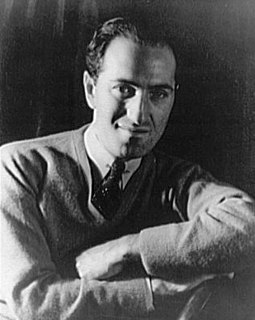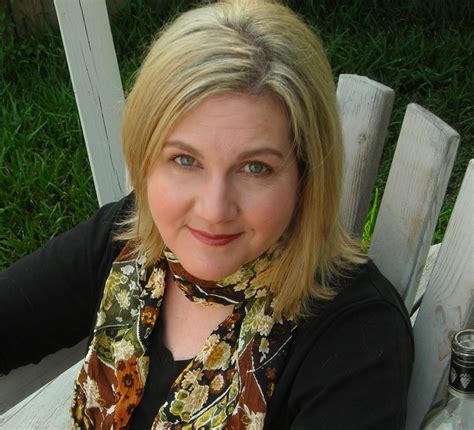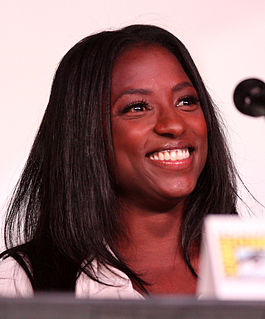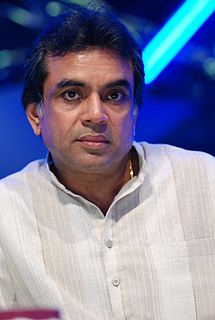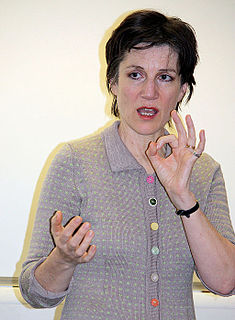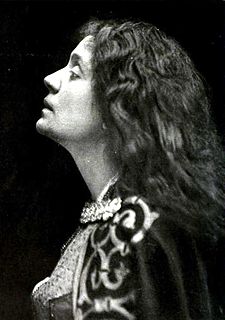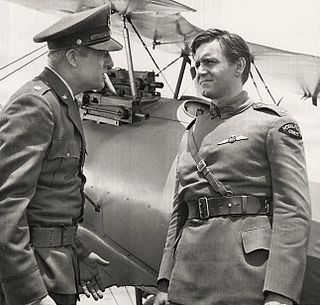A Quote by Jean Cocteau
Inspiration arrived as a result of profound indolence... I awoke with a start and witnessed as from a seat in a theatre, three acts of a potentially awesome play.
Related Quotes
I have witnessed and greatly enjoyed the first act of everything which Wagner created, but the effect on me has always been so powerful that one act was quite sufficient; whenever I have witnessed two acts I have gone away physically exhausted; and whenever I have ventured an entire opera the result has been the next thing to suicide.
When in doubt, the rule of threes is a rule that plays well with all of storytelling. When describing a thing? No more than three details. A character's arc? Three beats. A story? Three acts. An act? Three sequences. A plot point culminating in a mystery of a twist? At least three mentions throughout the tale. This is an old rule, and a good one. It's not universal - but it's a good place to start.
Then Bono arrived, and he meant to play the guitar, but he couldn't play very well, so he started to sing. He couldn't do that either. But he was such a charismatic character that he was in the band anyway, as soon as he arrived. I was in charge for the first five minutes, but as soon as Bono got there, I was out of a job.
To save the theatre, the theatre must be destroyed, the actors and actresses must all die of the plague. They poison the air, they make art impossible. It is not drama that they play, but pieces for the theatre. We should return to the Greeks, play in the open air; the drama dies of stalls and boxes and evening dress, and people who come to digest their dinner.
In my dreams is a country where the State is the Church and the Church the people: three in one and one in three. It is a commonwealth in which work is play and play is life: three in one and one in three. It is a temple in which the priest is the worshiper and the worshiper the worshipped: three in one and one in three. It is a godhead in which all life is human and all humanity divine: three in one and one in three.


